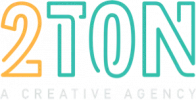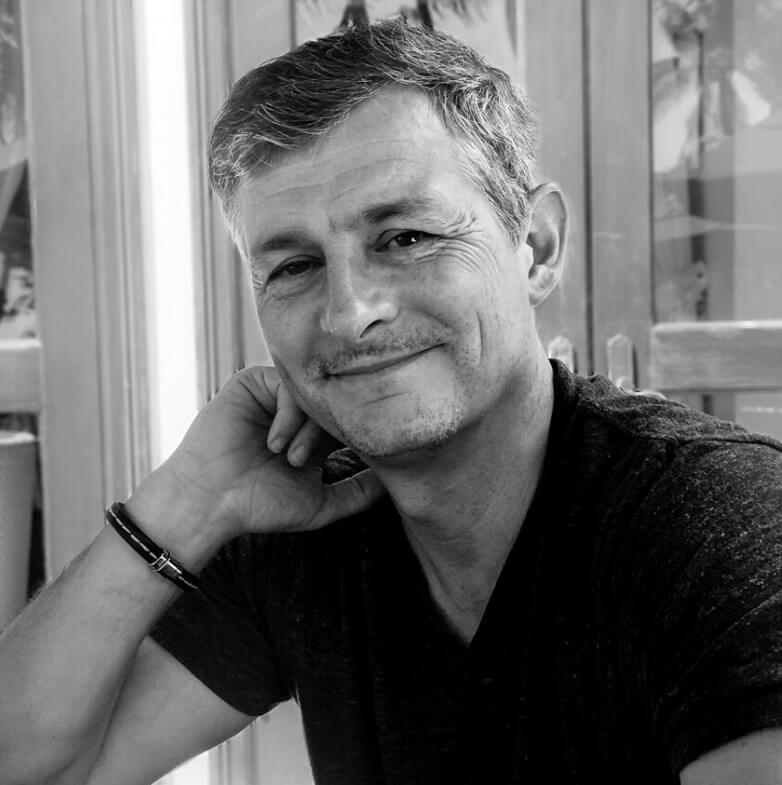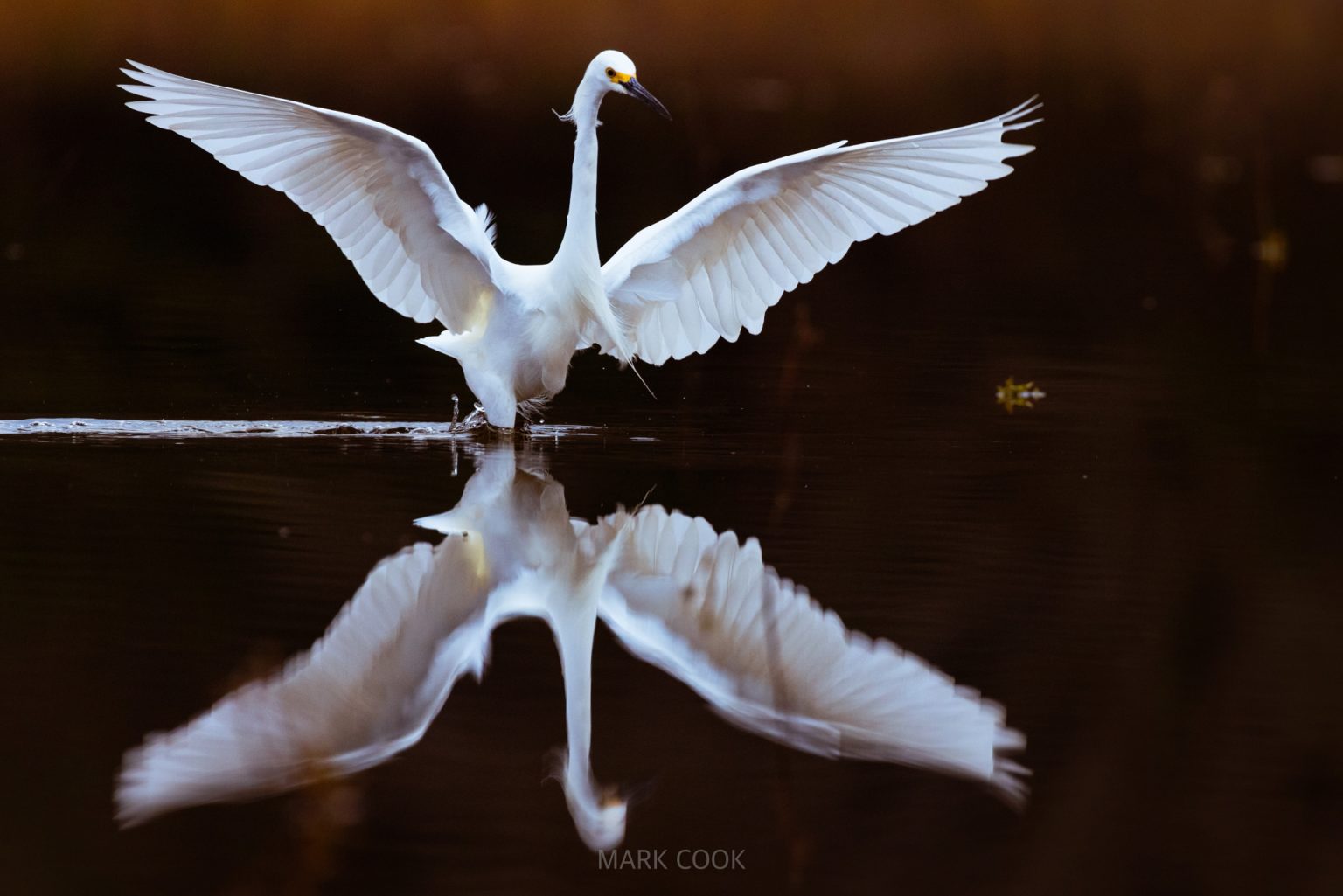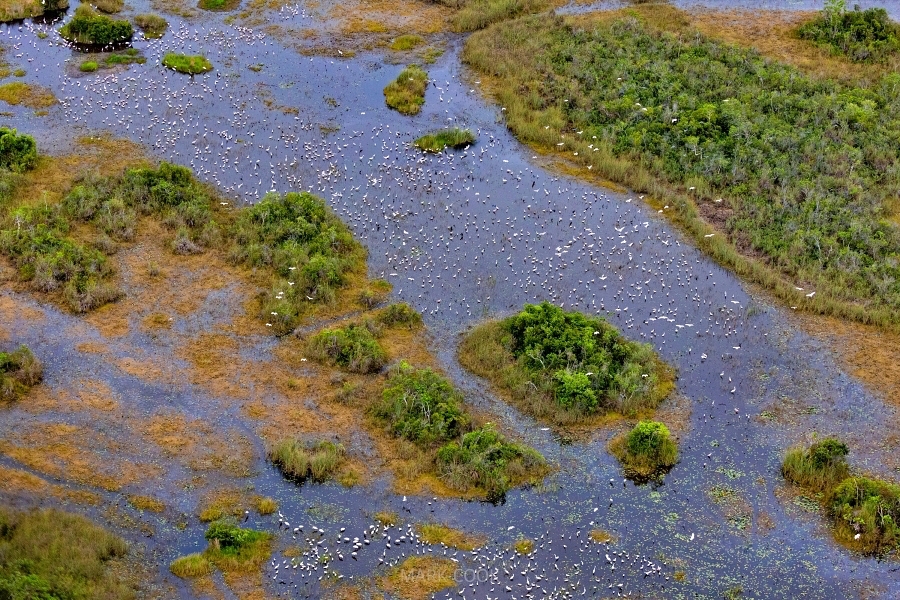2021-2022 Speaker Series
SPONSORED BY:

Mark Ian Cook, Ph.D.
“The Exceptional Wading Bird Nesting Year of 2021, and What It May Mean for the Future”
Thursday November 11, 6:00pm

About scientist and photographer Mark Ian Cook, Ph.D.

Section Leader, Everglades Research Group, Applied Science Bureau
South Florida Water Management District
Dr. Mark Cook is a British born avian ecologist and restoration scientist who has studied bird behavior and conservation ecology for more than 23 years. Mark has a BSc Honors degree in Marine Zoology from the University of Bangor, Wales, an MSc in Ecology from Durham University, England, and he received his PhD from Glasgow University, Scotland, where he specialized on life-history and breeding strategies of arctic seabirds. After his PhD he spent four years as a post-doctoral researcher at the University of California, Berkeley studying nesting strategies of Neotropical passerines. His scientific research has broadly investigated the ecology and evolution of bird behavior and how it relates to environmental conditions. This has involved studying species as diverse as wading birds and waterfowl in the Everglades, songbirds in the rainforests of Puerto Rico and Spain, parakeets in the Llanos of Venezuela, seabirds (guillemots and puffins) on uninhabited islands off Scotland and northern California, and general conservation work in Tanzania.
Mark is currently the Section Leader of the Systemwide Everglades Research Group in the Applied Sciences Bureau of the South Florida Water Management District. He is responsible for leading a multi-disciplinary team of scientists and providing the scientific foundation for the management and restoration of freshwater flows to the Everglades and Florida Bay. For the past 16 years, Mark’s research has focused on the restoration and management of birds and aquatic fauna in the Everglades and Florida Bay. It involves understanding the relationships among avian reproduction (storks, herons, ibises and spoonbills), aquatic prey (fish, crayfish and apple snails) availability and wetland hydrologic conditions, as well as the potential impacts of non-native plant and animal species. His latest research also investigates the role of wildlife in wetland nutrient cycling. Mark has published over 50 manuscripts, book chapters and reports on the ecology of birds, fishes, crayfish and the effects of non-native animal species. He is the editor of the widely reported annual South Florida Wading Bird Report.
Mark is involved in multiple professional and technical advisory committees. For example, he is an active member of the Florida Flamingo and Wood Stork working groups where he helps guide the management and conservation of these rare species. He is also the lead scientist and research coordinator for the wildlife research program at the Loxahatchee Impoundment Landscape Assessment (LILA) facility, a 30-ha physical model system of the Everglades used for multidisciplinary studies of its ecology. Mark is a graduate committee member for multiple graduate students. He sits on the science advisory board of the Audubon Society of the Everglades.
As his career developed, Mark began to see the critical importance of visual communication, especially photography, in his work. What initially started as documentary evidence to support his scientific work soon blossomed into an artistic passion to highlight the wonder and beauty of the swamp. With his unique understanding of animal ecology and behavior, as well as his access to some wildest corners of South Florida, Mark uses his photography and other forms of communication to educate and inspire a much greater appreciation of our natural heritage with the ultimate goal of effecting its conservation. He has published his scientific images in newspapers, magazines and scientific journals, and exhibited his work at galleries. Mark regularly communicates his scientific work and images to the public through workshops, presentations, and media events.

Dr. Cook will speak about the exceptional wading bird nesting year across the Everglades with special focus on Arthur R. Marshall Loxahatchee National Wildlife Refuge. He will share his photos from field surveys this year with thoughts on what the nesting may mean for the future.
Thursday November 11, 6:00pm
(online event via Zoom video)
